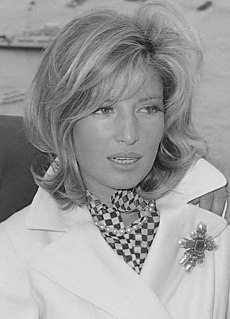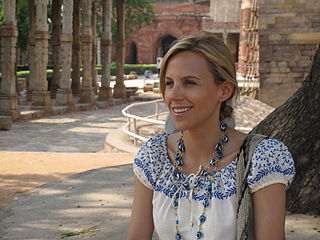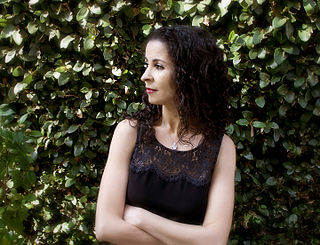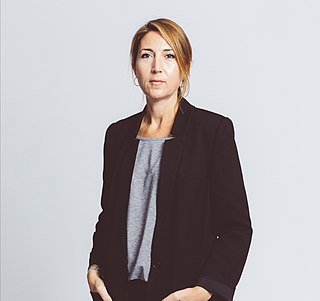A Quote by Lucy Dacus
When I finished reading '100 Years of Solitude,' by Gabriel Garcia Marquez, I got really sad. I thought, 'This will never happen for me, for the first time, ever again.' Then I opened 'Beauty Is a Wound.' It's a completely different story and writing style, but it has a similar place in my heart now.
Related Quotes
When you're touched by magic, nothing's ever quite the same again. What really makes me sad is all those people who never have the chance to know that touch. They're too busy, or they just don't hold with make-believe, so they shut the door without really knowing it was there to be opened in the first place.
I always thought books were just the canon, things I couldn't identify with. And then I was introduced to really amazing multicultural literature - it was all things I was trying to do unsuccessfully in my poetry. It really just changed everything. I was introduced to authors like Sandra Cisneros, Gabriel García Márquez, Junot Díaz, and a lot of African American literature, as well.
It's funny - for a long time, I didn't know I was writing a book. I was writing stories. For me, each story took so long and took so much out of me, that when I finished it, I was like, Oh my gosh, I feel like I've poured everything from myself into this, and then I'd get depressed for a week. And then once I was ready to write a new story, I would want to write about something that was completely different, so I would search for a totally different character with a different set of circumstances.
Gabriel Garcia Marquez is one of my all-time favorite writers. I feel spiritual when reading his words, even though they're translated. I wish desperately that I could read it in its original language. I already feel like I'm going to church when I read him; imagine if I could read it in the original.
How will I ever get out of this labyrinth!" In reality, "How will I ever get out of this labyrinth!" were probably not Simon Bolivar's last words (although he did, historically, say them). His last words may have been "Jose! Bring the luggage. They do not want us here." The significant source for "How will I ever get out of this labyrinth!" is also Alaska's source, Gabriel Garcia Marquez's The General in his Labyrinth.




































